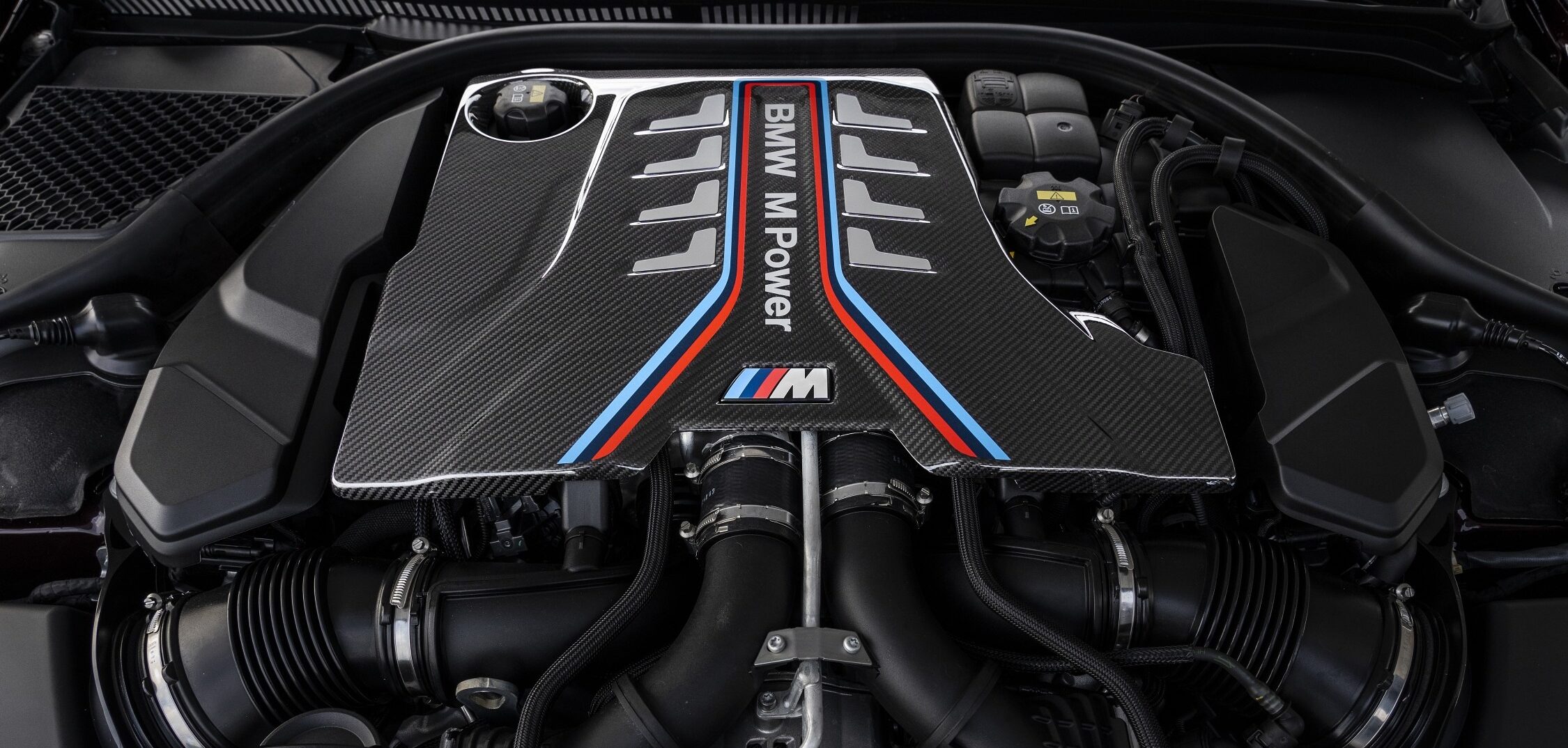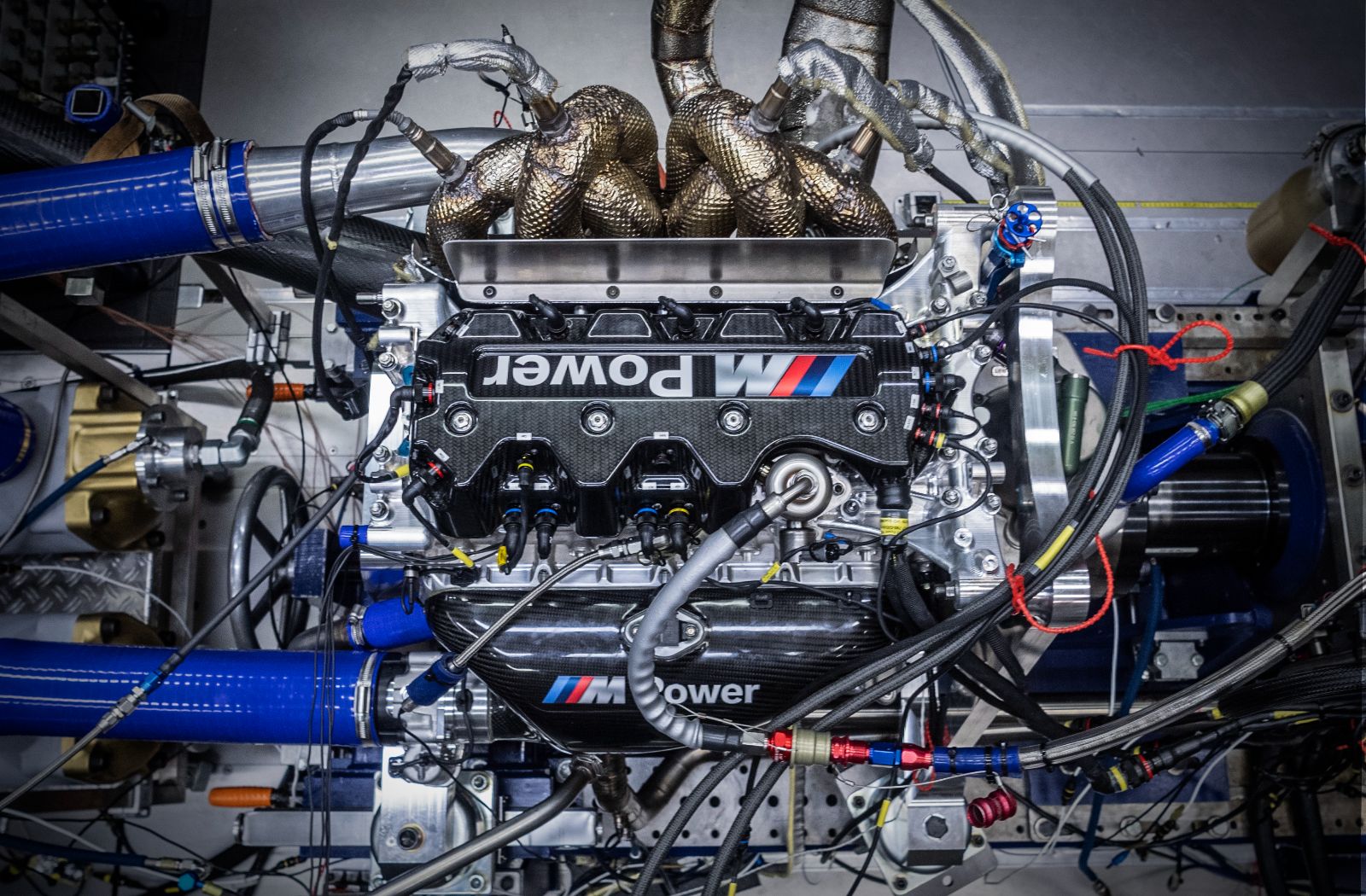The Duty of BMW Engine Layout in Getting Exceptional Fuel Effectiveness
The Duty of BMW Engine Layout in Getting Exceptional Fuel Effectiveness
Blog Article
Unveiling the Intricacies of Next-Generation Power Units: a Deep Dive Into Advanced Engine Layouts and Innovations
In the realm of automotive engineering, the relentless pursuit of sustainability, efficiency, and effectiveness has pushed the development of power units to unprecedented heights. As we depend on the precipice of a brand-new age in transportation, the complexities of next-generation engine designs beckon us to discover the innovative innovations and developments that promise to redefine the driving experience. From advanced products that press the limits of toughness and weight decrease to advanced turbocharging and supercharging systems that elevate power output to brand-new degrees, each component of these power devices holds a crucial to unlocking the future of automotive design. Delving much deeper into the worlds of emission control, intelligent engine management systems, and the horizon of power device development, we find ourselves on the cusp of a change that assures to reshape the landscape of mobility as we understand it.
Evolution of Engine Materials

The shift towards progressed engine materials has additionally enabled designers to make engines with greater power outputs while maintaining fuel effectiveness requirements. For instance, the usage of light-weight products lowers the overall weight of the engine, resulting in enhanced fuel economic climate and reduced exhausts. Additionally, improvements in products innovation have actually enabled far better thermal monitoring within engines, causing increased reliability and durability.
Turbocharging and Supercharging Technologies
How do Turbocharging and Supercharging Technologies revolutionize engine efficiency and effectiveness in modern automobiles? Turbocharging and turbo charging are modern technologies that substantially improve engine efficiency by boosting the amount of air consumption into the burning chamber. Turbocharging accomplishes this by utilizing a generator driven by exhaust gases to pressurize the intake air, while turbo charging utilizes a belt- or chain-driven compressor to attain the exact same effect.
These innovations enable smaller sized, a lot more fuel-efficient engines to produce power equal to larger ones, recognized as downsizing. By forcing even more air into the cylinders, supercharging and turbocharging enhance burning effectiveness, leading to increased horsepower and torque result without a substantial boost in engine size. This results in better velocity, pulling capacity, and overall driving efficiency.
Moreover, turbo charging and turbocharging add to enhanced fuel performance by enabling the usage of smaller engines that take in less fuel under regular driving problems - bmw engine. This mix of boosted efficiency and performance has actually made turbocharging and supercharging integral components of lots of modern-day engine designs
Emission Control and Environmental Effect
With boosting international concerns concerning air high quality and ecological sustainability, the execution of emission control technologies in cars plays a crucial role in decreasing dangerous toxins launched right into the atmosphere. Modern cars are equipped with advanced discharge control systems that assist lessen the ecological effect of vehicle procedures. Catalytic converters, for circumstances, are created to transform hazardous gases such as carbon monoxide, nitrogen oxides, and hydrocarbons into less hazardous compounds like carbon dioxide and water vapor.
Furthermore, advancements in engine technology, why not try these out such as the integration of exhaust gas recirculation systems and discerning catalytic decrease, have actually substantially contributed to lowering emissions. These modern technologies function in tandem to enhance combustion efficiency and decrease the launch of dangerous contaminants into the air. Additionally, the growth of hybrid and electric vehicles stands for a crucial step towards decreasing the overall ecological footprint of the transportation market.
Intelligent Engine Administration Systems

Additionally, these systems enable vehicles to fulfill strict exhausts requirements without endangering performance, offering a much more environmentally pleasant driving experience. The integration of man-made knowledge and device understanding abilities in engine monitoring systems remains to press the boundaries of what is feasible, bring about additional renovations in effectiveness, integrity, and overall lorry performance. bmw engine. As vehicle technology developments, smart engine management systems will certainly this article play an essential duty fit the future of transport in the direction of a more efficient and lasting instructions
Future Trends in Power System Growth
As smart engine administration systems pave the method for enhanced control and optimization in modern vehicles, future fads in power device growth are positioned to redefine the landscape of automobile propulsion innovations. These alternative power sources supply boosted effectiveness and performance while aligning with stringent ecological guidelines.
One more significant fad is the assimilation of sophisticated materials and manufacturing strategies. Light-weight materials such as carbon fiber and aluminum are being made use of to decrease overall lorry weight, boosting fuel effectiveness and performance. Furthermore, developments in 3D printing and additive manufacturing are allowing the manufacturing of intricate engine elements with higher accuracy and longevity.
Moreover, synthetic intelligence and maker knowing are playing an important role in enhancing power unit efficiency. These technologies permit real-time monitoring and adaptive control, bring about a lot more reputable and reliable power shipment. On the whole, future trends in power device development are geared in the direction of sustainability, performance, and effectiveness, driving the vehicle sector in the direction of a brand-new era of propulsion modern technologies.

Final Thought
In verdict, the innovations in engine materials, turbocharging, discharge control, and smart monitoring systems have actually paved the way for next-generation power systems. The complex layouts and innovations in modern engines showcase the continuous development of automotive innovation.
Checking out the modern innovations in engine products has actually been crucial in enhancing the performance and efficiency of modern engines. Over the years, the evolution of engine materials has played a vital duty in pressing the borders of what engines can attain.The change in the direction of progressed engine materials has also enabled engineers to design engines with higher power results while keeping gas performance requirements.The application of intelligent engine management systems in modern cars has transformed the way engines are controlled and optimized for efficiency and performance. By accumulating information in real-time and examining it with advanced algorithms, smart engine monitoring systems can adjust to driving styles, environmental factors, and engine health to make best use see here now of power outcome while reducing fuel intake and exhausts.
Report this page